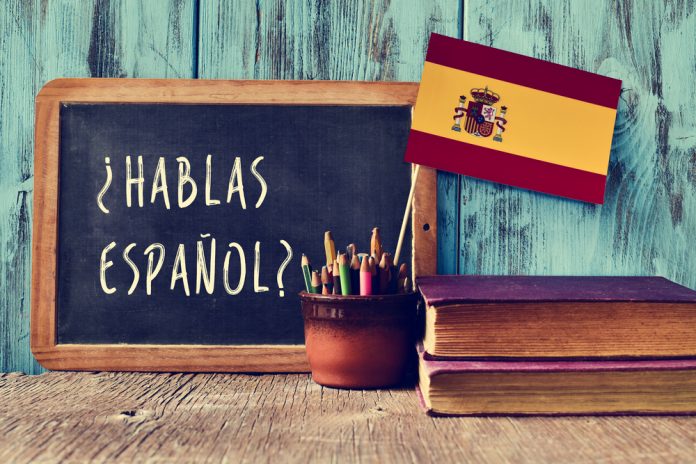Nowadays, many people speak Spanish as their dominant or primary language because that’s the first language they were educated in. One problem that they may encounter when they attempt to settle in the US is that Spanish isn’t the dominant language used; English is the dominant language in the US.
So, they may get confused if they don’t understand English well enough to comprehend legal rules. This may hamper their attempts to get employment, apply to a university for higher studies, set up their own business, or even get adequate healthcare.
The good news is that you have this legal guide that’s written for Spanish-speaking people in the US. With help from your preferred bi-lingual lawyers, or ‘abogados’ in Spanish, this guide will help you figure out what laws will apply to your situation while you’re in the US.
How to Get Employment
If you’re aiming to get employed while you’re in the US, you may wish to visit the U.S. Department of Labor’s website, then refer to resources written in Spanish.
In there, you may find materials written in Spanish, which are also available in English, regarding the following topics:
- Disability employment
- Employment and training
- Equal employment opportunity
- Health and pension benefits
- Labor management standards
- Occupational safety and health
- Wages and work hours
- Youth and labor
- Benefits

How to Apply to a University
If you intend to study in a US community college or university, you may want to visit the USAGov website, as it has the information on educational opportunities. There’s also information about the Elementary, Middle School, and High School opportunities.
You’ll need to get familiar with how the US educational system is structured so you’ll learn at what level of education you’ll be starting at. A part of that website will inform you about the following:
- How to learn English: This will help you pursue education, especially for enrollment in an English as a Second Language program.
For those who are not yet skilled in English, you may also find tips on how you can join a city-, county-, or state-level education program. If you intend to study English at home, you may look for an application from USALearns.org. It can be downloaded into your tablet or smartphone for convenient study at your most convenient time.
If you like to listen to audio conversations in English, then visit ShareAmerica.gov. If there are any libraries near your home, you can also ask the librarian for additional resources.
- Find financial assistance in pursuing higher education: To find if you’re qualified for assistance from their own ‘international studies’ program, you may look for support from your home country or contact the admissions office of any educational institution in the US.
Also, there may even be scholarships and grants available from some organizations, such as non-profit groups, companies, and even private foundations.
How to Set Up Your Own Business
If you’re not a citizen, it can be difficult to set up your own business in the US. For one, you need to have the right visa to be able to enter the country. This shows your status as an immigrant to the US government.
Here are some of the visas that may apply to your situation:
- L1-A Visa: This applies to foreigners who already have a business in their home country, which has at least four employees. For you to be considered for this visa, the business should be running for at least a year.
- E-2 Visa: This visa is used by foreigners whose business in their home country is less than one year old and has less than four employees. You can also use this visa if you don’t have any company in your home country but intend to set up a business in the US, when allowed entry.
- O-1 Visa: If you’re a student or an individual who demonstrates ‘extraordinary’ potential or performance in a particular field, this visa is appropriate for you.
How to Get Medical Attention in an Emergency
It can be terrifying to be in the US without knowing many words of English, especially if you need emergency medical assistance. To avoid such problems, you need to learn some key phrases or sentences in English so that the emergency team will be able to understand what’s happening.
The most important sentence you need to know in a medical emergency is ‘do you speak Spanish?’ This will allow the medical team to get someone from their ranks who speaks both English and Spanish so that everyone will know what’s happening in either language. Thus, you may save someone’s life by asking for a bilingual translator.
Final Takeaway
If you’re in the US, it’s always a good idea to learn English while still retaining your competence in Spanish. It can be hard at times to get the learning resources you need to learn English, though. Fortunately, there are some sources of financial support that you can tap into so that you can pay for training in English.
Furthermore, if you manage to learn English, you may be able to help others from your home country struggling to get established in the US by serving as their own translator.
Find a Home-Based Business to Start-Up >>> Hundreds of Business Listings.

















































